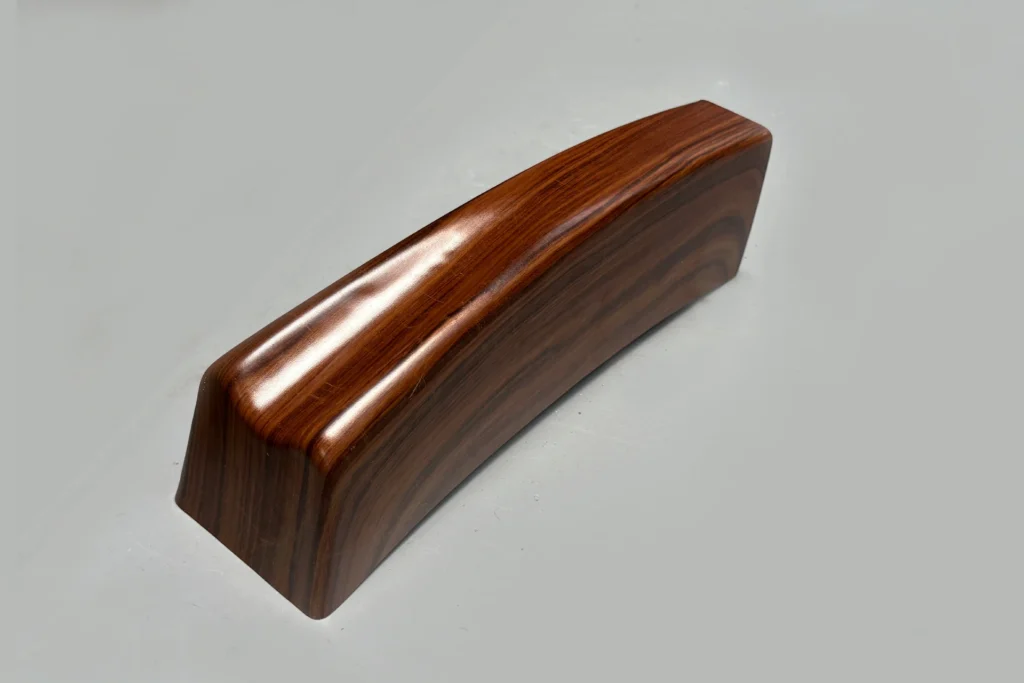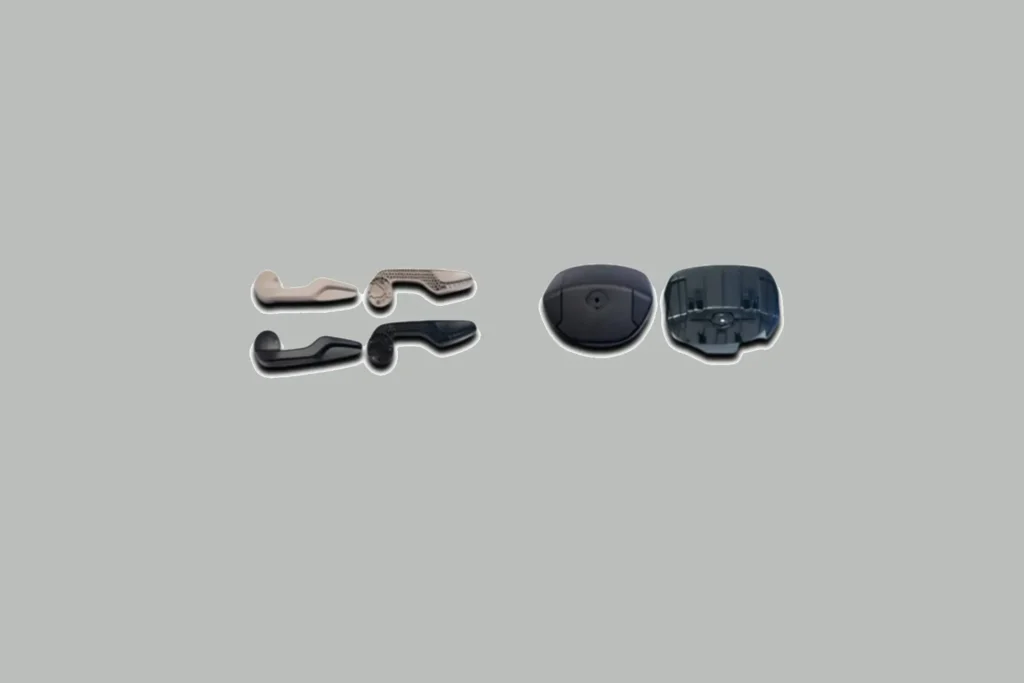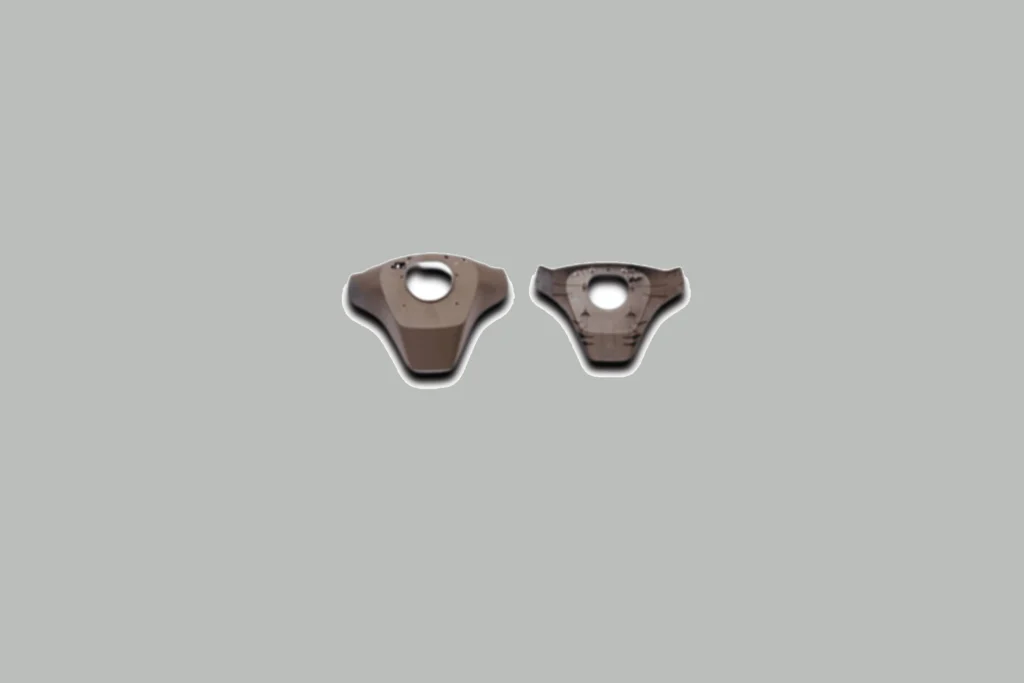Dhanya Plastics focuses intently on the moulding strength of its automotive components, recognizing the critical safety and performance requirements of the automotive industry. Utilizing high-performance plastics and advanced injection moulding processes, We manufacture parts capable of enduring significant stress, temperature variations, and vibrations. Our rigorous quality assurance measures guarantee that these components meet stringent automotive standards for durability and reliability, contributing to the overall safety and longevity of vehicles. Dhanya Plastics aims to provide Automotive companies with contract-manufactured plastic components that exhibit exceptional moulding strength, contributing to the safety and efficacy of vehicles.



Frequently Asked Questions
Automotive injection moulding is a manufacturing process where molten material (typically plastic) is injected into a custom mold to produce high-precision, durable parts for vehicles. Common applications include dashboards, bumpers, and electrical housings. It’s favored for its cost-efficiency, scalability, and ability to create complex geometries.
- Mold Design: A steel/aluminum mold is crafted to the part’s specifications.
- Material Preparation: Plastic pellets are dried and heated into molten form.
- Injection: Molten material is injected into the mold under high pressure.
- Cooling: The part solidifies as the mold cools.
- Ejection: The finished part is removed and inspected for quality.
- Interior: Dashboard panels, knobs, cup holders.
- Exterior: Bumpers, grilles, light housings.
- Under-the-Hood: Sensor casings, fluid reservoirs, connectors.
- EV Components: Battery housings, charging ports.
Materials and processes comply with ISO 9001, IATF 16949, and OEM-specific standards, ensuring flame retardancy, chemical resistance, and crash-test performance.
No. Injection moulding melts material into molds for mass production, while CNC machining cuts material (e.g., metal, plastic) to shape individual parts. They’re complementary but distinct processes.
Yes! Lightweight plastics and composites reduce vehicle weight, improving fuel efficiency and meeting emission standards.
Many automotive plastics (e.g., PP, ABS) are recyclable. Closed-loop systems reuse scrap material, supporting sustainability goals.
HDPE is typically molded at 200–300°C (392–572°F). Exact temperatures depend on the grade and part design. Overheating can cause warping or brittleness.
Yes! HDPE is widely used for automotive parts like fuel tanks, interior trim, and fluid containers due to its impact resistance and chemical stability.
Yes. PVC is used for wire insulation, seals, and interior trim. However, it requires careful temperature control (170–200°C) to avoid releasing harmful fumes during molding.
